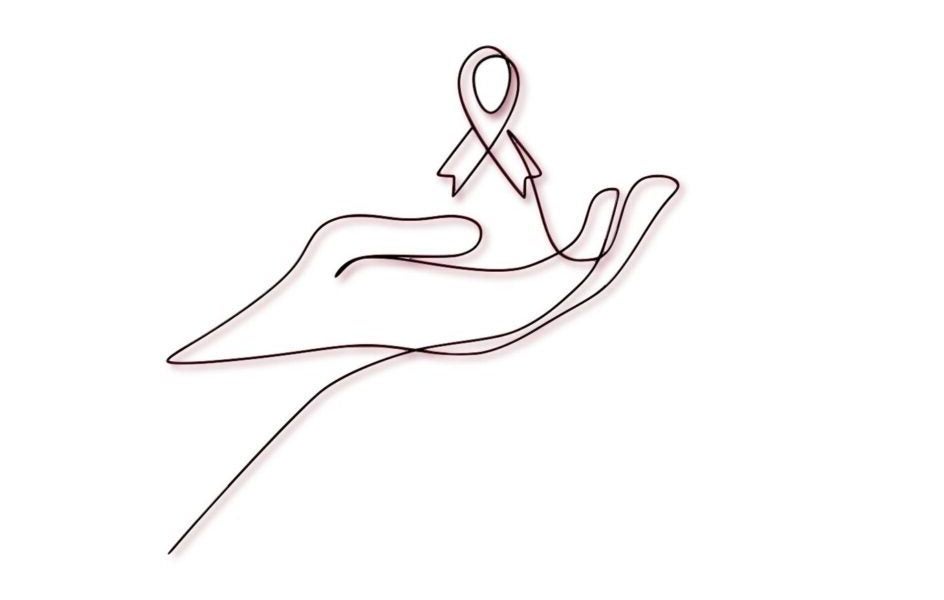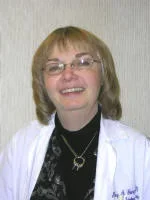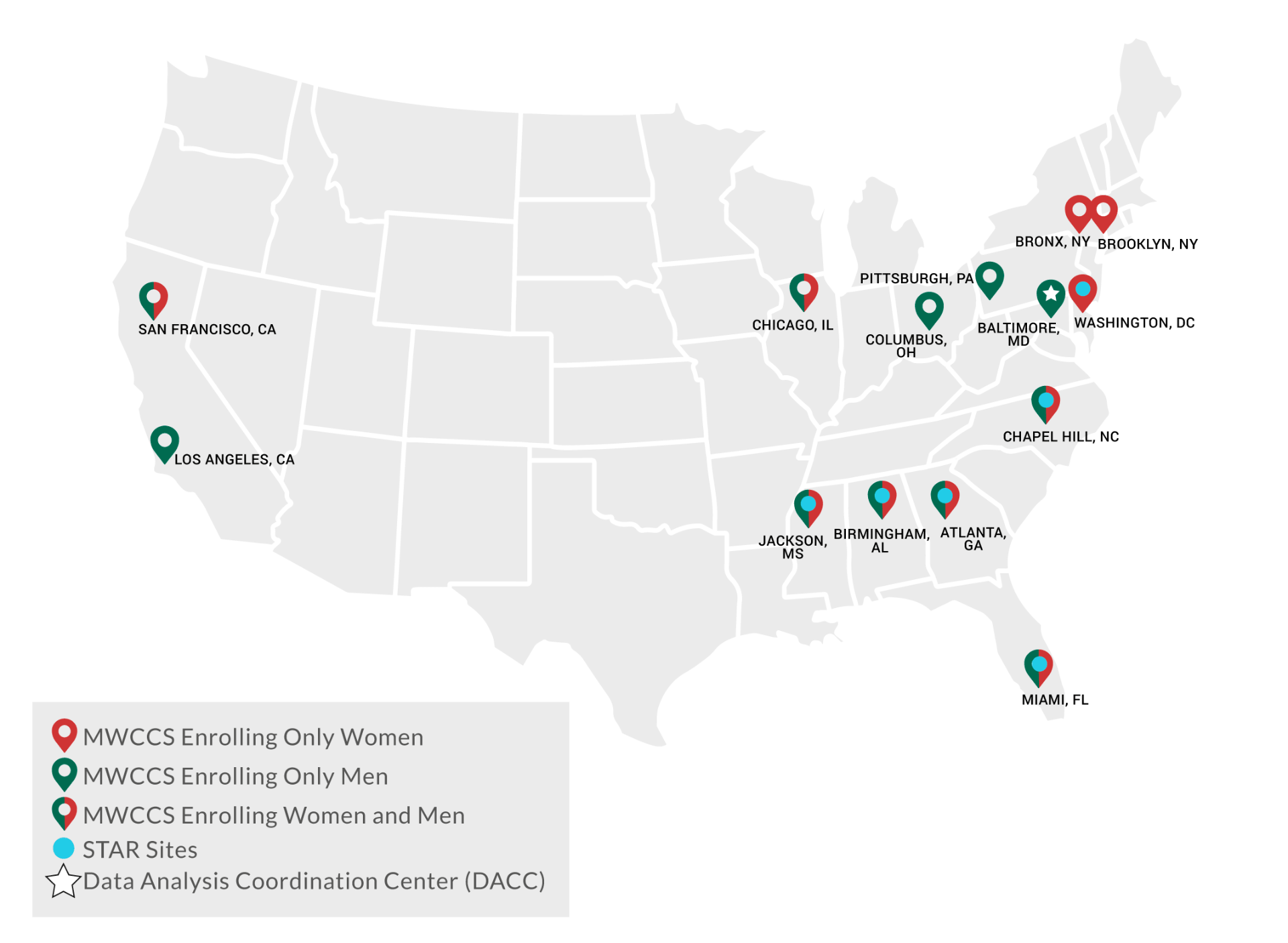STAR Study

DC MACS/WIHS Combined Cohort Study & The Study of Treatment And Reproductive Outcomes
Contact Us!
“It’s been a long journey for me. I was really devastated when I got the virus. But when I started the study I could ...

On the passing of Dr. Mary Agnes Young, much beloved member of the Georgetown University Division of Infectious Diseases and Tropical Medicine.
After completing her undergraduate studies in English at the College of Notre Dame in Baltimore, and working briefly providing social services, Dr. Young completed her pre-medical coursework at Boston University. Dr. Young then graduated from the West Virginia University School of Medicine in 1984, and completed her residency and fellowship training in Internal Medicine (1987) and Infectious Diseases (1989) at Georgetown University Hospital. Dr. Young joined the faculty at Georgetown University in 1989 where she remained until her retirement in 2016.
Dr. Young’s early career was strongly influenced by the HIV pandemic and high number of persons with AIDS that were seeking care in DC hospitals in the period prior to the availability of antiretroviral therapy. Identifying the lack of specific research that focused on women, she led a city-wide multi-institutional effort to become a study site for the Women’s Interagency HIV Study (WIHS) in DC. Supported by colleagues from Howard University, Whitman Walker Clinic, Montgomery County in Maryland, and the Inova Juniper clinic in northern Virginia, Dr. Young successfully competed to bring to fruition a research portfolio focused on HIV and Women. She joined what would become a national network of friends and colleagues who shared her passion and conviction to improve the lives of women with HIV. With her tremendous collaborative spirit, Dr. Young contributed to research on the effects of HIV on women, all women. Her warmth and kindness pervaded the research environment that she developed, a caring place where women could come and be themselves, share their unfiltered stories without fear of judgement, and provide biologic samples. Her goal was not only to help us uncover the biologic effects of HIV, but also to highlight the role of social, behavioral, and structural constructs on important health and quality of life outcomes for women affected by HIV. She was able to see the rewards of the collective research efforts that led to scientific breakthroughs and life-saving therapies, as she steered her vibrant clinical practice in her role as Director of the HIV Women’s Program at Georgetown.
In addition to her pivotal role in the national WIHS study, Dr. Young supported research projects in the AIDS Clinical Trials Group in the study of the HPV vaccine among women with HIV, and as the Director for the Clinical Core of the DC Center For AIDS Research. Trusted by the local community, she served on the Board of Directors for the Women’s Collective, an advocacy group for DC women with HIV. Dr. Young was upheld as a woman of high integrity, and shared her wisdom and guidance as the Chair of the Georgetown Institutional Review Board, and as a volunteer on data safety and monitoring boards for NIH studies. She also served as a Medical Consultant to the Peace Corps and State Department in DC.
Dr. Young was a pillar of strength, and maintained amazing clarity and laser focus on what matters the most. Dr. Young was much loved by her patients, participants, the community of advocates who she worked with tirelessly in the early days of the pandemic, students, colleagues, fellow faculty members, and the many early-stage investigators whose careers she selflessly helped boost. We will remember and honor her for her kind and gentle ways, her love for family and friends, her commitment to remaining centered through meditation and mindfulness, her celebrations of her faiths, her humility and understanding of human frailties, unconditional support, and for being the consummate practitioner of rendering care with loving kindness.
As of January 1, 2019, the MACS and WIHS cohorts combined to form the MACS/WIHS Combined Cohort Study (MWCCS).
The Multicenter AIDS Cohort Study (MACS) / Women’s Interagency HIV Study (WIHS) Combined Cohort Study (MACS/WIHS-CSS) is a collaborative research effort that aims to understand and reduce the impact of chronic health conditions—including heart, lung, blood, and sleep (HLBS) disorders—that affect people living with HIV.
For decades, the National Institute of Allergy and Infectious Diseases, part of the National Institutes of Health (NIH), has supported the separate MACS and WIHS cohort studies. MACS was a study of gay and bisexual men, while WIHS was a study of women who had other risk factors for HIV.
In 2019, the NHLBI became the primary steward of the new MACS/WIHS-CSS. For this effort, the NHLBI is working in close collaboration with the NIH Office of AIDS Research (OAR) as well as several co-funding institutes across the NIH.
